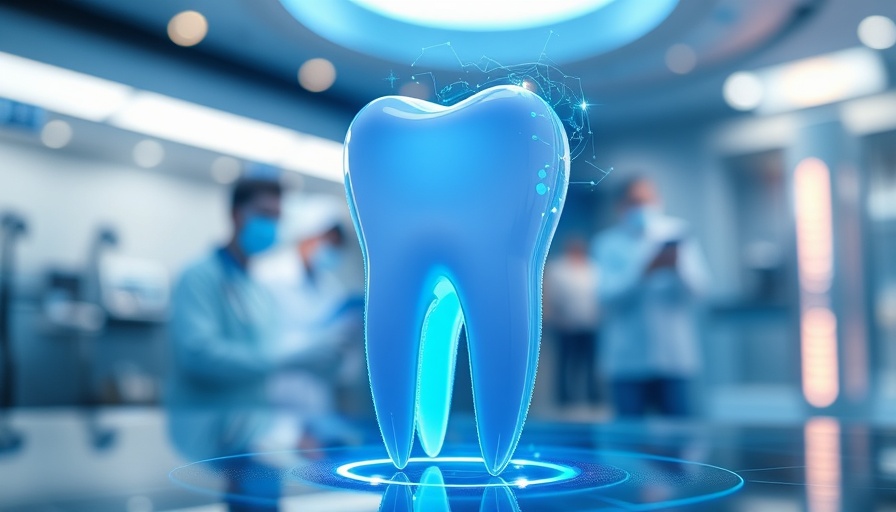
Understanding the Growing Trend of Cannabis Use Among Patients
Cannabis has emerged as the most commonly used illicit substance in the United Kingdom, and its popularity is poised to affect various facets of healthcare, including dentistry. As legal frameworks around cannabis continue to evolve and more individuals openly disclose their cannabis use, dental professionals must be prepared to adapt. Acknowledging this trend is crucial for maintaining optimal patient care. Cannabis use not only influences patients’ lifestyles but also presents specific risks to their oral health that dental professionals need to understand and address.
The Clinical Implications of Cannabis Use in Dentistry
For dentists, understanding the implications of cannabis use is foundational. Recent studies suggest that cannabis can lead to complications such as xerostomia (dry mouth), which significantly increases the risk of dental caries and periodontal disease. By employing a patient-centered approach, dental professionals can foster an environment where patients feel safe discussing their cannabis habits. This begins with open-ended questions that assess usage frequency and its impact on oral health.
Such inquiries are not merely procedural; they lay the groundwork for a partnership between patient and provider. Clinicians are encouraged to ask questions like: "Have you noticed any changes in your oral health, such as dry mouth or sensitivity?" This dialogue enhances the understanding of each patient's unique situation and allows for better-informed risk assessments.
Practical Dental Management Strategies
Armed with insights from patient interactions, dentists can implement strategies tailored to mitigate the risks associated with cannabis use. Recommendations for patients should include:
- Enhanced Oral Hygiene: Dentists should emphasize the need for regular brushing and flossing, alongside the use of fluoride toothpaste to combat the elevated risk of dental issues.
- Hydration Habits: Advising patients to maintain hydration—particularly with water—can help mitigate the adverse effects of dry mouth.
- Regular Dental Visits: Shortening the interval between dental visits can facilitate better monitoring and timely interventions for cannabis-related oral health issues.
- Lifestyle Modifications: Dentists should provide resources or support for patients aiming to reduce or cease cannabis use.
The Importance of a Supportive Approach
The approach taken by dental professionals should always be non-judgmental. Patients are more likely to engage in honest conversations about their health when they feel supported rather than scrutinized. This supportive approach is the keystone of patient-centered care, which not only leads to better health outcomes but cultivates trust between clinicians and patients. When dentist-patient interactions are framed around empathy and understanding, patients are empowered to share vital information that informs their care.
Future Implications for Dental Practices
As the landscape of cannabis use continues to evolve, dentists will face new challenges and opportunities. Embracing a holistic understanding of patient health—including their cannabis use—can set dental practices apart as leaders in patient care. In doing so, professionals not only enhance their clinical practice but also contribute to broader public health initiatives.
Engaging with patients about their cannabis habits is not simply about managing potential dental issues; it revolves around comprehensive healthcare that supports overall wellbeing. As we move forward, it will be vital for the dental profession to remain adaptable, informed, and responsive to the changing behaviors of those they serve.
By offering guidance rooted in research and best practices, dentists can make a meaningful impact in their patients' lives, blending oral health with a progressive understanding of contemporary lifestyle choices. Let's prioritize open conversations and ensure that every patient feels comfortable sharing their stories—it's a small step that leads to significant health outcomes.
 Add Row
Add Row  Add
Add 




Write A Comment